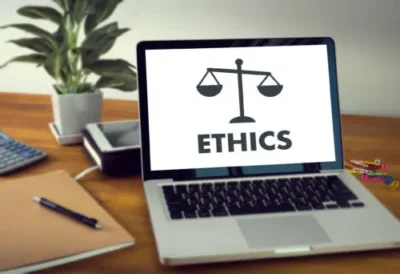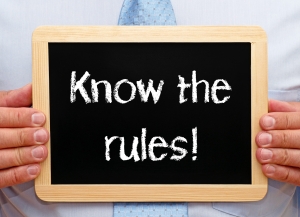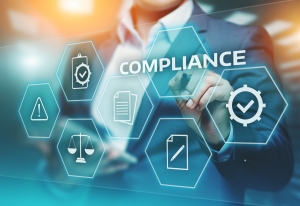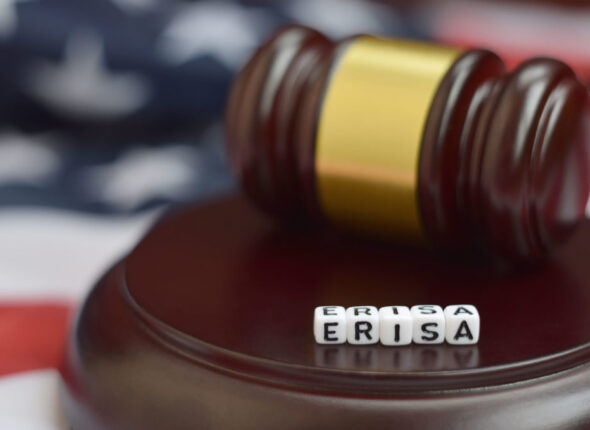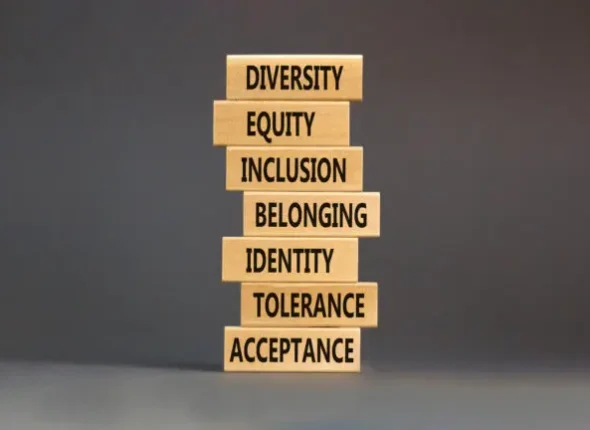Florida FL CLE (MCLE) | Choose Your Plan | Search for a Course
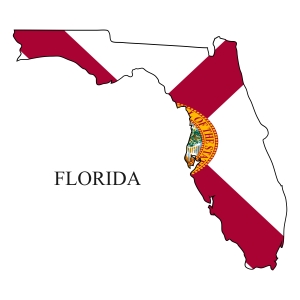
FL CLE (MCLE) Requirements:
The Florida Bar’s Mandatory Continuing Legal Education (MCLE) Program requires most members to complete 33 credit hours every three years, including at least 5 credits in ethics, professionalism, substance-abuse awareness, or mental-health and wellness, and at least 1 credit in technology. Credits must be reported by the end of the member’s three-year reporting cycle. Attorneys can meet these requirements through live or on-demand courses approved by the Florida Bar.
READ FULL ARTICLE | VISIT THE FLORIDA MCLE BOARD
How to Obtain CLE In New for a Knowledge Group Course in Florida:
To earn CLE credit with The Knowledge Group, complete the video courses, answer the secret word questions, download and retain your Certificate of Attendance.
Attendance Reporting Procedure:
Florida attorneys retain their Certificates of Attendance(s) and self-report their attendance and CLE compliance to the Florida MCLE Board. Additional Resources: The Knowledge Group Comprehensive CLE Rules Page
Florida CLE | Search for Single Courses
Digital Ethics in Modern Litigation | On-Demand Webinar
Erin Joyce, Esq. Ethics Attorney | Erin Joyce Law, PC Marc Y....
Mandatory Civility Rules 2024 | On-Demand Webinar
Cari Sheehan Conflict/Ethics Attorney | Scopelitis, Garvin, Light, Hanson & Feary, P.C...
FCPA Enforcement Compliance Strategies | On-Demand Webinar
Carolyn Schroll Special Counsel | Kelley Drye & Warren LLP Charting the...
ERISA Litigation Trends 2024 | On-Demand Webinar
Benjamin S. Reilly Counsel | Goodwin Procter LLP Eli Burriss Partner |...
Hatch-Waxman: Key Case Updates & NJ Insights | On-Demand Webinar
Jason A. Lief Partner | Windels Marx William C. Baton Partner |...
Navigating FTC Noncompete Ban | On-Demand Webinar
Matthew Crawford Partner | Martenson, Hasbrouck & Simon LLP Jonathan L. Sulds...
Diversity & Inclusion in Law | On-Demand Webinar
Kenneth Williams Shareholder | Segal Mccambridge Singer & Mahoney Madina Axelrod Shareholder...
Workplace Wellness: Stress & Anxiety | On-Demand Webinar
Claire Parsons Attorney | Bricker Graydon LLP Mina Jones Jefferson Chief Culture...
Effective Corporate Governance Investigations | On-Demand Webinar
Matthew B. Greenblatt Senior Managing Director | FTI Consulting, Inc. David C....
Meeting FL CLE Requirements: A Comprehensive Guide for Florida Attorneys
Continuing Legal Education (CLE) is a cornerstone of professional growth for attorneys. In Florida, maintaining compliance with the FL CLE requirements is not just a regulatory obligation but also a means of staying current with evolving laws, technology, and ethical standards. This article provides a comprehensive guide for Florida attorneys seeking to understand the state’s CLE rules and how to fulfill them efficiently.
Understanding Florida’s CLE Requirements
The Florida Bar’s Mandatory Continuing Legal Education (MCLE) program requires attorneys to complete 33 credit hours every three years. Within those hours, at least 5 credits must focus on ethics, professionalism, substance abuse, or mental-health and wellness, and at least 1 credit must cover approved technology programs.
Attorneys are assigned a reporting cycle based on their Florida Bar admission date. All credits must be earned and reported by the end of the assigned three-year period. Those who fail to comply risk administrative suspension or other disciplinary measures, making compliance a crucial aspect of maintaining good standing.
The Shift Toward Online FL CLE Programs
Modern law practice demands flexibility. Attorneys often juggle court appearances, client meetings, and firm responsibilities, leaving little time for in-person seminars. Fortunately, accredited online platforms have transformed the CLE landscape.
Through live webcasts and on-demand recordings, lawyers can complete FL CLE credits anytime and anywhere. This flexibility ensures that even the busiest practitioners can stay compliant without disrupting their work schedules. Online CLE also often includes interactive features—like polls, Q&A sessions, and downloadable resources—that replicate the engagement of in-person events.
Choosing the Right Provider
While convenience is important, attorneys should prioritize CLE providers that are recognized by The Florida Bar. Approved providers ensure that the credits earned will count toward mandatory requirements.
Reputable providers like The Knowledge Group offer a wide range of courses covering litigation updates, data privacy, ethics, technology, and other high-demand practice areas. By choosing an experienced provider, attorneys can be confident that their courses align with current Florida Bar standards and reporting processes.
Popular FL CLE Topics
The Florida legal landscape is continually evolving. Some of the most sought-after FL CLE topics include:
Ethics and Professionalism: A perennial requirement that keeps attorneys updated on ethical obligations.
Technology in Law Practice: Covering cybersecurity, e-discovery, and digital tools for more efficient practice.
Litigation and Trial Skills: Providing guidance on procedural changes and advanced trial techniques.
Diversity, Equity, and Inclusion: Addressing Florida Bar initiatives to foster fair and inclusive legal services.
Substance Abuse and Mental Health: Promoting attorney well-being, as required by the MCLE rules.
These topics not only help lawyers fulfill mandatory credits but also enhance their ability to serve clients effectively.
Tips for Efficient Compliance
Staying ahead of reporting deadlines is key to stress-free compliance. Here are some practical tips for Florida attorneys:
Track Your Credits Early: Use the Florida Bar Member Portal to monitor earned credits and deadlines.
Prioritize Mandatory Categories: Schedule required ethics, professionalism, and technology credits well in advance.
Leverage Online Courses: Access accredited webinars or on-demand programs to learn on your own time.
Keep Certificates Organized: Download and store proof of completion for all courses in case of audit.
Plan Around Busy Periods: Use slower seasons to focus on earning CLE credits.
By following these steps, attorneys can maintain compliance without last-minute stress.
The Future of FL CLE
The legal profession continues to adapt to technological advances, regulatory updates, and evolving client expectations. Florida’s CLE requirements reflect this reality by emphasizing ethics, professionalism, and technology training.
In the coming years, online learning is expected to remain the preferred method for many lawyers, thanks to its accessibility and cost-effectiveness. Florida attorneys can expect an expanding selection of digital CLE courses designed to address emerging issues such as artificial intelligence in law, data privacy, and cross-border practice challenges.
Conclusion
Compliance with FL CLE requirements is both a professional obligation and a valuable opportunity for growth. By choosing accredited providers and leveraging online learning, Florida attorneys can fulfill their 33-hour requirement efficiently while staying up-to-date with critical developments in their field.
Investing in CLE is more than just meeting a deadline—it is a commitment to lifelong learning that strengthens legal skills, upholds ethical standards, and enhances client service in an ever-changing legal landscape.




